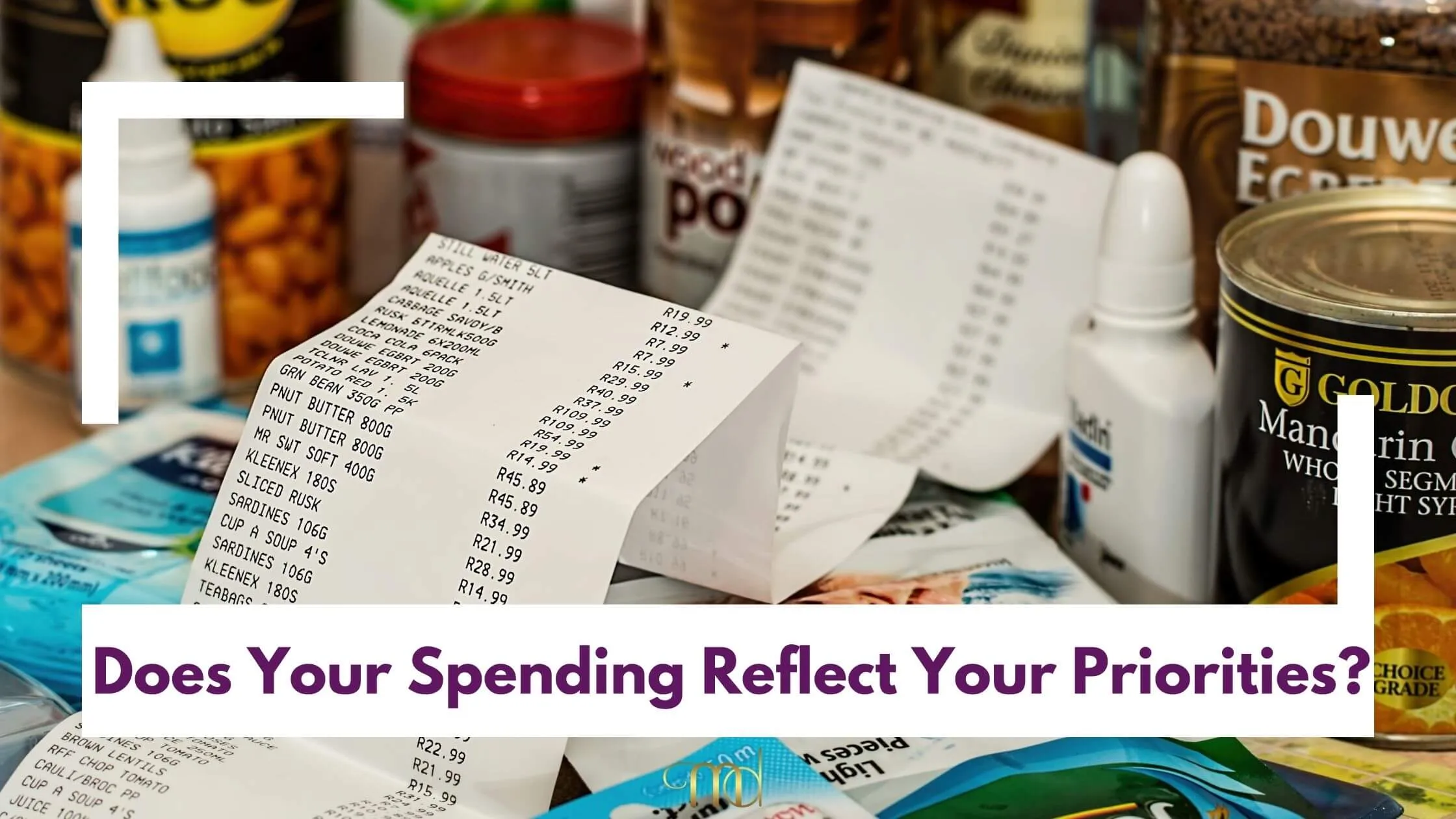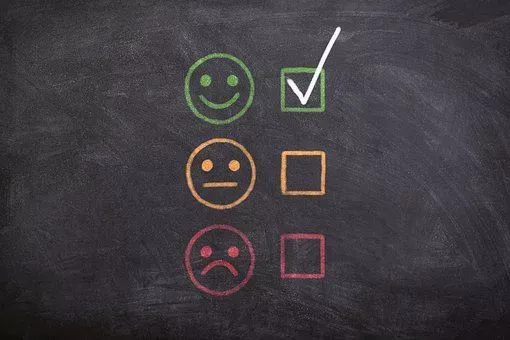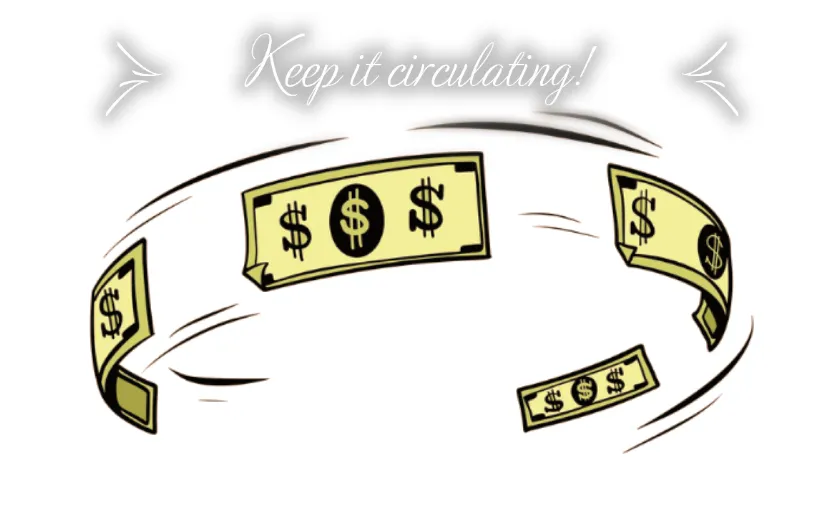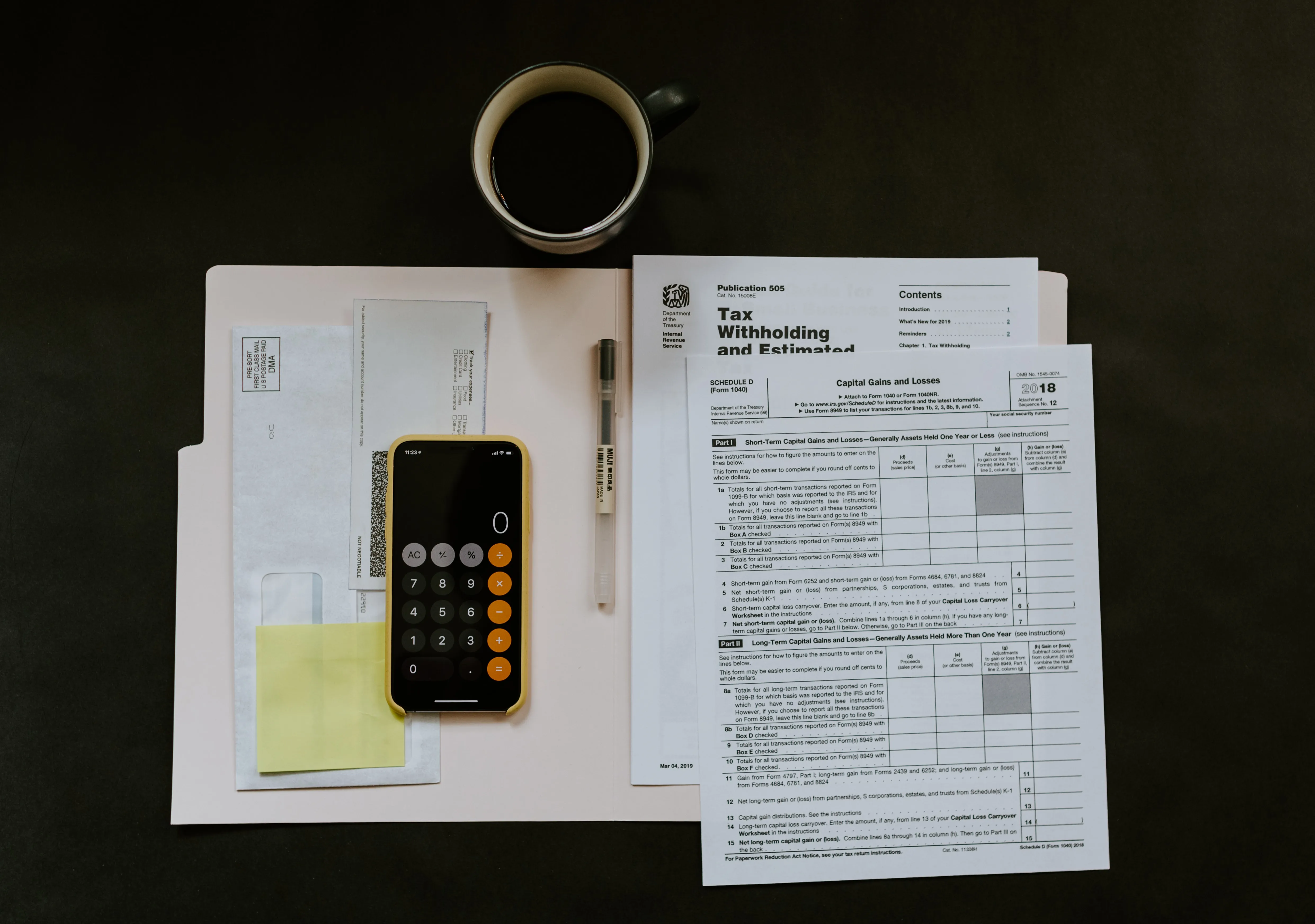How to Start a quick family Budget with confidence

When I was a kid, it was fun watching my parents lay out money on the table on payday and then distribute it into different packets. It was my beginning of how to do a family budget, though I had no idea at that time what I was learning and how it would benefit me soon.
Reasons why you might have avoided budgeting till now
Budgeting is one of the primary activities that keep people from getting control of their finances due to its tediousness and complexity.
Starting a family budget requires the knowledge of how to categorize income and how to spend accordingly.
It can also be challenging to distinguish between getter-spender personalities, leading to conflict and resentment in relationships.
Few savings, no reserves for emergencies, overstretched credit cards, or unmanageable debt is a sad reality for many high earners. When it happens, people will likely resort to a costly moneylender with insane interest rates should an emergency arise.
But do not worry! Things are going to be DIFFERENT from now onwards. You will learn how to start a family budget quickly and confidently. You will wonder why you have yet to do that earlier.
How to budget? Guide To Better Budgeting
Every family needs a budget for day-to-day living because it lays out a plan for how to spend one's resources sensibly and without guilt.
Here we have summed up some of the easiest and most innovative ways to start your first family budget.
A budget is a money plan outlining your financial goals.
With a budget,
- you can establish and regulate funds
- set and achieve your financial objectives
- make advanced and informed decisions on how you want your finances to function well.
>> 7 Reasons why you should budget your money effectively
The main idea in budgeting is to put aside a certain amount of money for expected and unexpected expenses.
Budgeting means estimating monthly home expenses based on previous payments and bills.
It is where many people need to improve. They need to learn how much their expenses and bills are! Are you one of them? Stay encouraged if you are. You are certainly not alone. You can start right here.
So you want a family budget for better money management but need help figuring out where to start? Sometimes it's good to start with the basics, such as the basic outline for a budget and the categories you want to include.
Here are some tips to help you formulate a simple family budget.
Income
The first place to start in the outline of your budget is with your income. If you are not salaried, then there will be some estimating here. But make sure it's an estimation, not dreaming. Your budget's income area differs from the place to write down ideals. Look at your net income over the last three months and estimate an average monthly payment. If you have income that changes very little month-to-month, then it should be easy to figure out your monthly income. Be sure to account for all possible sources of income your family have.
Tip - always consider your after-tax income for simplicity. If you are considering before-tax income, then you must consider tax as one of your expenses.
Expenses
Your next category should be expenses.
First, list or reduce your standard monthly bills like rent, mortgage payments, minimum credit card payments, etc. For instance, if you have an income of $4,000 every month, you should subtract all your identified monthly bills from that amount.
The amount that remained after fixed costs can now be your household budget.
Rather than allocating money to miscellaneous, you may use it as a proportion of your budget.
>> 16 Budgeting tips every family needs to know
It is good to include enough detail that you have a grasp on things, but splitting your expenses into dozens of little categories will probably only frustrate you.
Make your categories reasonably general. For Example, 'Entertainment' is a broader category than 'computer games, movies, cable, and DVDs' listed as separate categories.
There will probably be more estimation here than in the income category.
The daily transactions with basic human needs should be accounted for, like food, clothing, hygiene products, etc.
Some emergency money needs to be transferred weekly or monthly as they may come up any day.
As you break down your expenses into understandable categories and numbers, remember that charitable giving or any giving away of money should also be listed as an expenditure.
Tip: check how your expenses are tallying with your income. Is it going to last you for an entire month and more? Or you'll fall short for the month?
Where do you think you are splurging money which needs to be controlled?
Actual Expenses
Estimation gives way to 'real' numbers when you write down your monthly expenses.
It is the last section of your budget plan. Keep a running tally of your expenses for several months, and look at where you are regularly.
Tip: Follow up on your expenditures thoroughly for a month to discover and understand where your funds are going.
You can quickly identify effective budgeting techniques by analyzing your spending patterns.
You MUST follow this step every single month. If you miss it, you are setting yourself up for the failure of your budgeting strategy and goals.
The strategy for budgeting to be successful is inflexibility and flexibility; there are fixed expenses, so payment must be an inflexible factor.
Budgeting will best work when scarce omissions are made to more significant limits. An idea here is to formulate goals and plans and abide by them as much as possible.
Budgeting is an effective tool that is available to everyone. Consider it, use it, and benefit from it.
Recommended
Top Tips for easily sticking with Your Family Budget
12 Keys to the successful family budget
































